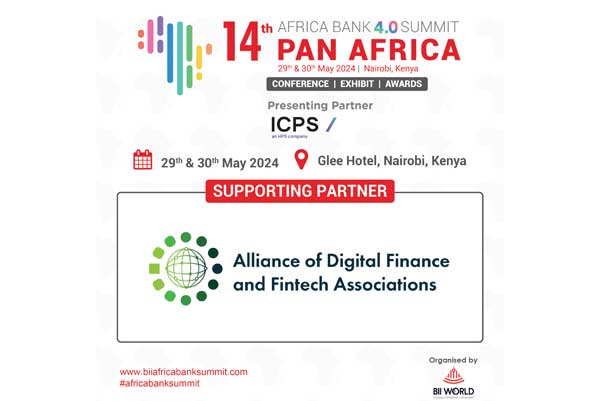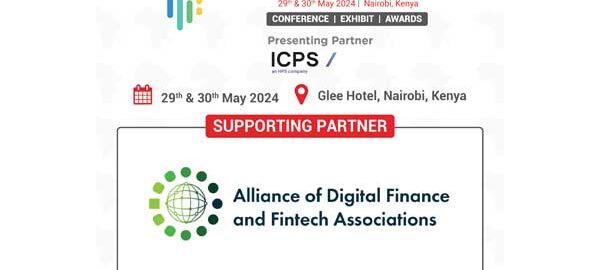1) How can collaboration between governments, financial institutions, and the private sector be optimized to unlock the full potential of digital finance and credit for achieving financial inclusion?
Optimizing collaboration between governments, financial institutions, and the private sector is key for maximizing the potential of digital finance and credit in achieving financial inclusion. This entails establishing supportive policy frameworks, fostering public-private partnerships, facilitating regulatory processes, investing in capacity building, prioritizing infrastructure development, providing incentives, and promoting data collaboration. By working together effectively, these stakeholders can leverage their respective strengths to expand access to digital financial services and access to credit particularly for underserved populations, thus advancing financial inclusion on a broader scale.
The different ecosystem players can operate in silos and not work together to address some of the common challenges the market is facing. By creating opportunities to share and learn together, key issues can be identified and resolved that facilitate growth in the market. Creating a sense of shared understanding, views and perspectives can be helpful in unlocking changes in regulatory environments or catalysing partnerships.
Digital Finance and Fintech Associations can play an important role in market facilitation and ecosystem building. An independent, third-party review conducted by Baastel and commissioned by our fiscal sponsor Digital Frontiers (DF) found that ” there is substantial evidence to assert that DFA’s are relevant and effective in actively contributing to the advancement of digital financial and gender inclusion through increased awareness, discussion, ideation, collaboration, networking, and advocacy.” Supporting and investing in associations can be a driver to support greater market collaboration.
2) What regulatory measures can policymakers implement to create an enabling environment that fosters innovation and competition in the realm of digital finance?
Technology is playing a critical role in the growth of digital financial services and an enabling environment that supports the safe and efficient usage of new technologies such as cloud computing, AI and Machine Learning will be vital. Aligned with this is robust data protection regulations.
We also need to recognize the role that fintechs play and support their growth and innovation through implementing regulatory sandboxes for testing new products, streamlining licensing processes, and establishing flexible regulatory frameworks that allows for innovation.
We are also seeing the importance of setting interoperability standards and promoting open banking policies, to create competition in the market and allowing for greater potential for customers seamlessly access new products and services and personalization of these services.
Of course, at a time where increasingly more people are accessing digital financial services and advances in technology such as generative AI, issues such as fraud and over-indebtedness for the consumer becomes a risk. Regulations that support consumer protection and consumer education are also needed.
3) In your opinion, how are traditional banks responding to the emergence of neobanks in Africa, and what does this mean for the future of banking in the region?
We are seeing some traditional banks adjusting and adapting their digital strategies, investing in technology upgrades, and improving customer experience offerings.
I see new partnerships and collaborations as ways in which traditional banks can compete and meet the needs of consumers. Concepts of open finance and embedded finance provide new opportunities, and partnerships with fintechs can help traditional banks reach and serve new customers.
4) How does leveraging data contribute to providing better services for the unbanked and underbanked?
By gaining insights into the needs and behaviors of the unbanked and underbanked populations, financial service providers can create products and services to better meet needs and enabling regulation can be shaped to catalyse this growth. Using alternative sources of data can also create alternative credit scores, opening up lending opportunities to those without history, enabling them to access credit and to build a digital footprint which unlocks access to other products and solutions. Data also provides the opportunity to offer personalized and targeted solutions for consumers.
5) How would you think attendees will benefit by attending the 14th Africa Bank 4.0 Summit – Pan Africa?
Gain valuable insights into the latest trends, innovations, and strategies shaping the future of banking in Africa, while networking with industry experts to foster valuable connections and collaborations.



